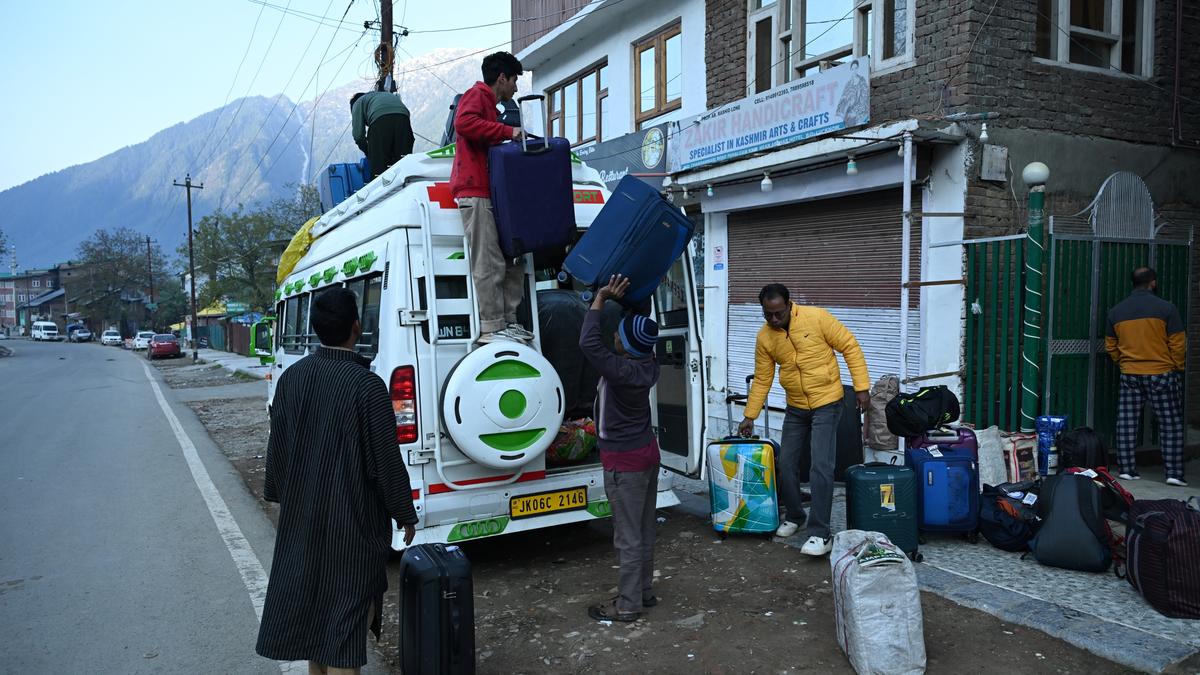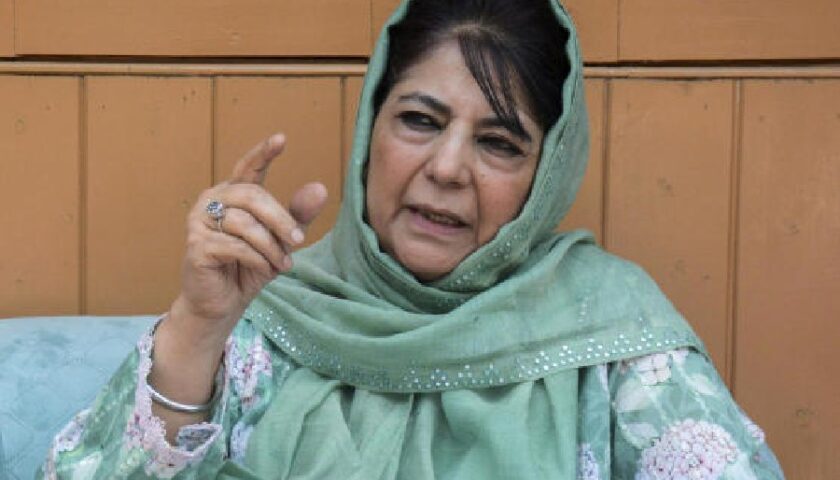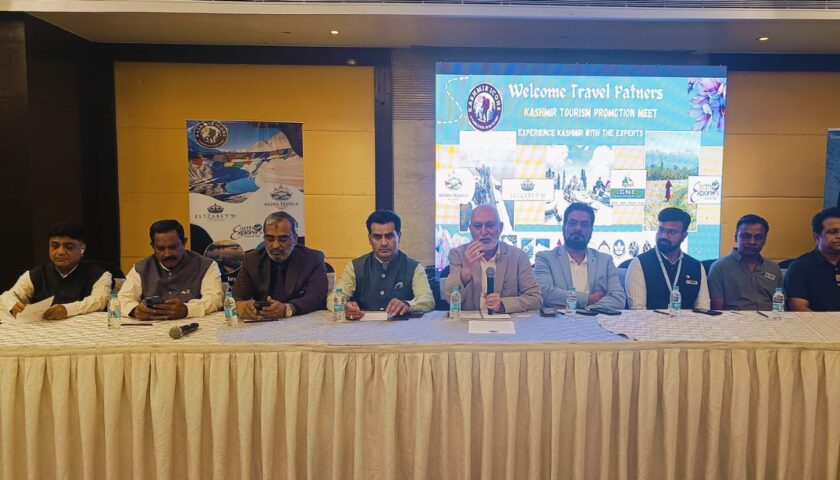The Pahalgam Terror Attack: A Catalyst for Economic Turmoil in Kashmir
A Tragedy That Shook the Valley
The brutal terror attack in Pahalgam on April 22, 2025, which claimed 26 innocent lives, has triggered not only a humanitarian crisis but also an economic earthquake across Kashmir’s tourism-dependent economy. Once hailed as “Paradise on Earth,” the valley is now grappling with mass cancellations, job losses, and economic instability on an unprecedented scale.
Collapse of the Tourism Sector
Tourism, which contributes 7 to 8 percent of Jammu & Kashmir’s Gross State Domestic Product (GSDP), has been brought to a standstill. The hospitality industry, once a robust employer in the region, has suffered a massive blow.
-
Over 70% of tourism workers have reportedly been terminated or sent on indefinite unpaid leave, leading to a mass exodus of workers back to rural areas.
-
Hotels, guest houses, and travel agencies have zero occupancy, with many businesses shutting down operations entirely due to non-viability.
“This is a complete collapse. The impact is worse than COVID-19 lockdowns,” said a hotel association head in Pahalgam.
Also Read | Kashmir Awaits – Unveil Paradise with Exclusive Travel Packages & Unbeatable Discounts!
The Human Cost of the Crisis
Manzoor Ahmad’s Story
Manzoor Ahmad, who worked as a housekeeping assistant at a hotel in Pahalgam, is one of thousands impacted.
“I was asked to leave without notice,” he says.
“Tourists stopped coming, and the hotel couldn’t afford us. I have a family to feed, and no idea what to do next.”
A Veteran Chef’s Despair
A 60-year-old chef with 30+ years of service in Pahalgam expressed his despair:
“I’ve survived curfews, floods, and lockdowns. But never have I seen empty kitchens and cold stoves for weeks.”
“My hands itch to cook, but my heart sinks every morning.”
These are not isolated stories. Thousands of waiters, tour guides, cab drivers, porters, shikara rowers, and artisans are now without an income, staring at a bleak future.
The Economic Domino Effect
The consequences of this tragedy stretch far beyond just job losses:
Revenue Losses
-
Hotels, resorts, and local transport services have lost crores in booking revenue.
-
Tour operators report 100% cancellations of April–June packages, traditionally peak months.
Ripple Effect Across Industries
-
Handicrafts: Local artisans who sell shawls, carpets, and woodcrafts to tourists have no buyers.
-
Retail & Food: Restaurants and shops dependent on tourist footfall have closed indefinitely.
-
Agriculture: Even apple and saffron sellers are affected, with tourism being a major channel for sales.
“When tourism dies, a dozen other sectors bleed,” said a Srinagar-based economist.
Also Read | Whispering Valleys, Endless Love—Exclusive Kashmir Honeymoon Deals Just for You!
A Cry for Government Intervention
Urgent Financial Relief Demands
Industry stakeholders and workers’ unions are demanding immediate government support:
-
Loan restructuring and interest waivers for affected businesses
-
Temporary repayment moratoriums for hoteliers and travel firms
-
Direct cash assistance to displaced workers and daily wage earners
Boosting Confidence & Security
-
The government must initiate confidence-building measures through media campaigns ensuring safety for tourists.
-
Enhanced on-ground security deployments, especially in tourist zones, are critical.
Promotion of Domestic Tourism
-
Launching targeted campaigns like ‘Chalo Kashmir’ can help in reviving tourist interest from metro cities and southern India.
-
Use of influencers and digital platforms to counter fear and misinformation.
JKL Travels Steps Up
Amidst the crisis, JKL Travels and other responsible tour operators have stepped forward:
-
Offering heavily discounted and flexible packages to revive bookings.
-
Coordinating with hotels and local transporters to sustain basic operations and prevent total shutdown.
-
Advocating for safe, small group travel models for the coming months.
“We are not just selling tours; we are trying to save lives and livelihoods,” said the CEO of JKL Travels.
Also Read | Fear Won’t Win! Friends of Kashmir Push for Tourism Comeback
What’s at Stake?
If immediate action isn’t taken:
-
Kashmir’s tourism industry could take years to recover, losing its global reputation.
-
Mass migration of youth to cities for survival could lead to demographic and social disruption.
-
Economic instability could fuel unrest, which in turn further harms tourism—a vicious cycle.
Bottom-Line: From Despair to Determination
The Pahalgam terror attack has not only taken innocent lives but also snatched the economic lifeline of Kashmir. Thousands of families face hunger, debt, and uncertainty. Yet amid the despair, there is resilience.
This is a critical turning point. The government must act decisively, the tourism industry must innovate, and citizens across India must support Kashmir by choosing to travel, not turn away.




